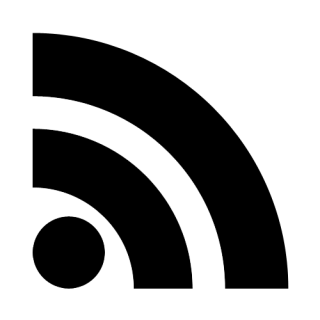Three Views of the Synoptic Gospels-Take 2
I discussed before my opinions on the independent view of synoptic gospel composition a couple days ago. I have continued my reading in the book (Three Views on the Origins of the Synoptic Gospels) and have moved on to the discussion of the Markan hypothesis, the two-source/four-source hypothesis.
My opinion on this chapter is much more positive than the one on independence. Other than my general hesitancy that comes from not having researched the issue enough yet, I only had two major negative thoughts on the Markan hypothesis when I read the chapter.
First, as the authors of the chapters themselves noted, there is no longer a scholarly consensus on this issue. However, you would never know it when you read most of the literature out there. Sure, it is still the dominant position by far, but the Markan hypothesis’ ranking as gospel truth (horrible joke, I know) should be dropped, and a more cautious opinion should be assumed by default. Obviously, if you have researched the issue yourself and are convinced in your convictions, by all means, be loud and proud. But if not, perhaps Markan priority isn’t the easy default you (or I) thought it was. Though the authors are very confident, they admitted that their position was not unassailable.
Second, they came on quite strong in their application of the principles of textual criticism to the synoptic problem. I am going to have to give that enterprise a big "maybe" for the moment. You would certainly think that the principles would apply if in fact Matthew did copy from Mark. But we have to be cautious here. Matthew was not just a copyist but an author in his own write, and he obviously felt greater freedom to depart from his source than did the scribes of the New Testament text. This would have to affect our application of text-critical principles. As for how, I am not sure at this point.
As for the responses, I thought Farnell’s response was not very useful. I did, however, enjoy Niemela’s quite a bit. His attack plan was to simply point out that the Markan hypothesis is built on a long string of maybe’s. That is a good point, especially if he can back it up with some positive evidence in his own chapter, which I will read next. The only beef (to turn around on its head a cultural reminiscence he used fondly in his short critique) I had with his response was his intro. He pointed out that someone who holds to a two gospel hypothesis would have a better chance having a decent discussion with someone from the Jesus Seminar than someone from either of the other positions because the other two would ultimately just get in a fight with him/her about their theological presuppositions. That may be true, but probably not. But even if it is, who cares. That is completely irrelevant when trying to decide the answer to the question of the synoptic problem. The goal is not to disagree with the Jesus Seminar (even though there is a LOT to disagree with there). The goal is to find the truth on this issue. Working in that frame just clouds the mind.



Comments
Jim 2007-12-02 01:54:45
Just a quick note that in this and another of the series you have "Synopic" in the post titles rather than "Synoptic"- so you might want to adjust this.
Eric 2007-12-02 03:24:37
Oops! Thanks. Just adjusted them.